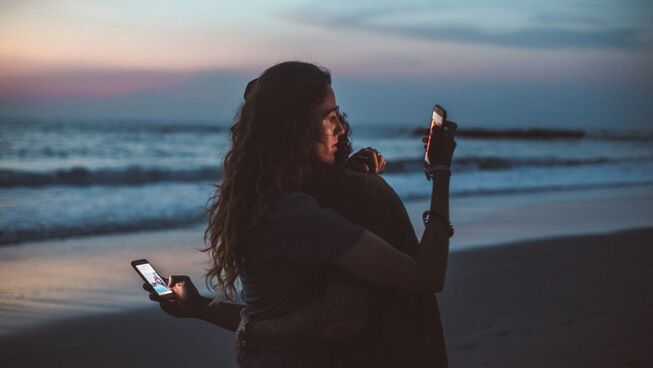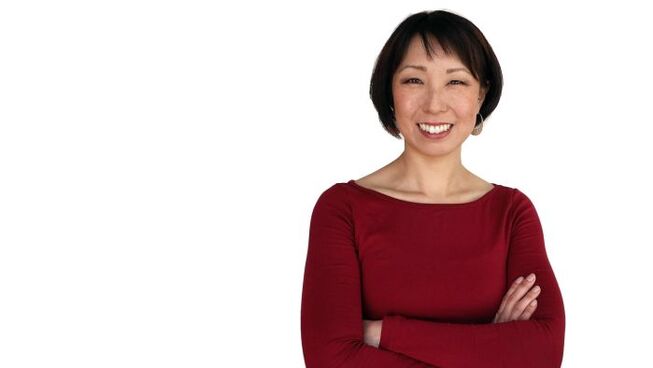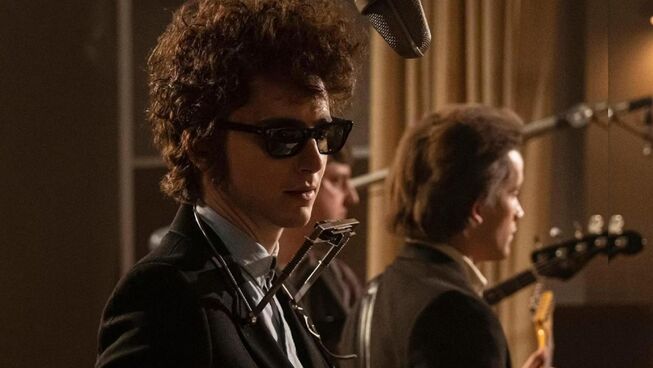We are all in the social media gutter looking at the stars

American comedian Jerry Seinfeld once joked that he wanted to be his own answering machine so as to avoid the inconvenience of being interrupted. If he ran into an acquaintance when he wasn’t in a mood to chat, he wished he could respond: “Excuse me, I’m not in right now. If you would just leave a message, I could walk away.”
Many of us have probably felt like that at one time or another, for it’s a problem to which our busy lives and multiple modes of communication give rise. How much easier would it be if we could sometimes just simply disconnect?
Facebook provides a perfect opportunity to do just that. While it’s an easy, all-access platform that allows us to post photos and status updates, keep in touch with people, and dip in and out of the stream of human consciousness at will, it also allows us to keep people at a digital arm’s distance.
A rash of articles have recently debated whether Facebook fosters loneliness. At The Atlantic, Stephen Marche asserts “social networking might be spreading the very isolation it seemed designed to conquer.” Eric Klinenberg, writing for Slate, disagrees, citing Claude Fischer’s book Still Connected that suggests that the quality and quantity of Americans’ relationships are much the same as they ever were before social media.
Maybe the question is not so much whether Facebook makes us lonely, but whether it prompts us to refuse deeper forms of connection.
Of course, much depends on how you use Facebook. It can be great for strengthening existing face-to-face relationships. If you can’t get out and about so easily, Facebook is a godsend for it brings the village square to your virtual door. And for those in far-flung places, a Facebook message or a posted photograph is a small but effective way to maintain contact when you’re halfway around the world.
But even as Facebook encourages these kinds of connections, it equally fosters disconnection - particularly when it comes to face-to-face relationships.
Sherry Turkle, MIT Professor and author of Alone Together: Why We Expect More From Technology and Less From Each Other, says we’ve “sacrificed conversation for mere connection.” As she writes in The New York Times, “we are together but each of us is in our own bubble, furiously connected to keyboards and tiny touch screens.”
Facebook isn’t to blame for this, but it probably hasn’t helped either. For the social network makes it all too easy to browse peoples’ profiles, ‘liking’ something here, wishing someone a random ‘happy birthday’ there. With Facebook, you can dial in a friendship as actors disinterested in their movie roles might be said to ‘dial in a performance’.
And as novelist Kim Brooks was unnerved to learn, Facebook was fast becoming her own liberal “echo chamber” since she found herself promptly de-friending those whose political views she found disagreeable. Writing at Salon, Brooks conceded that she was unwittingly building a gated community in cyberspace, though she would never join one in the real world.
Facebook friendship, then, demands little of us. It allows us to screen out those who don’t share our political, religious, or cultural sensibilities. When it comes to friendship, it allows us to put in an appearance without really showing up.
So what do we do when our Facebook habits start spilling over into time spent offline? It’s increasingly common for my best friends and I to be constantly fiddling with our phones when we hang out, despite the fact that it’s already difficult to find time to spend with each other. Now, our attention seems permanently divided: we’re with each other physically but use our phones to take mental and emotional time-outs.
And according to researchers at Tel Aviv University’s Laboratory for Contemporary Design, our use of smart phones is reshaping our engagement with public space. Tali Hatuka and Eran Toch found that people get so caught up in the private worlds their smart phones create for them - with instant access to news, email, Facebook, navigation, and information - that they’re detached from their physical surroundings and less likely to interact with others.
“The communication of strangers was always one of the key roles of public spaces,” Hatuka says, “Because smart phones are supplying so many of these services, this kind of exchange with the stranger is just diminished to almost zero.”
In The Great Divorce, an allegory of heaven and hell, C. S. Lewis offers a startling picture of the latter. It’s not a burning lake of fire, a place of torment, or “other people” as existentialist Jean-Paul Sartre would have it. Rather, hell is a grey, miserable town whose denizens live in their own infinitely expanding suburbs because they just can’t get along with each other. This lonely crowd is left to drift endlessly apart into enclaves of self-imposed isolation - and in a perverted sense they kind of prefer it that way.
Lewis’ treatment of the subject may be fanciful but he gets right the difficulty of living with others, which may drive us to prefer our own company. For all their delights relationships are hard, time-consuming, full of compromise, and infuriating in all their messy glory. Community makes even greater demands on us, for it calls us to share our lives and resources with people we may not even like.
Such relationships seem like too much effort when compared to the friendly ghosts in the Facebook machine, or the solitary zones created by smart phones. It’s far easier for us, then, to remain in our technological bubbles even though they eerily foreshadow Lewis’ hellish vision.
Perhaps we don’t actually want to live this way: fobbing people off for the sake of convenience, as in Seinfeld’s wishful scenario, or simply ‘alone together’, as Turkle might say. In that event, we should take our cue from her: “Look up, look at one another, and let’s start the conversation.
Justine Toh is a Senior Research Fellow at the Centre for Public Christianity and an Honorary Associate of the Department of Media, Music, and Cultural Studies at Macquarie University.
Republished by permission from Centre for Public Christianity
Photo by ROMAN ODINTSOV from Pexels







